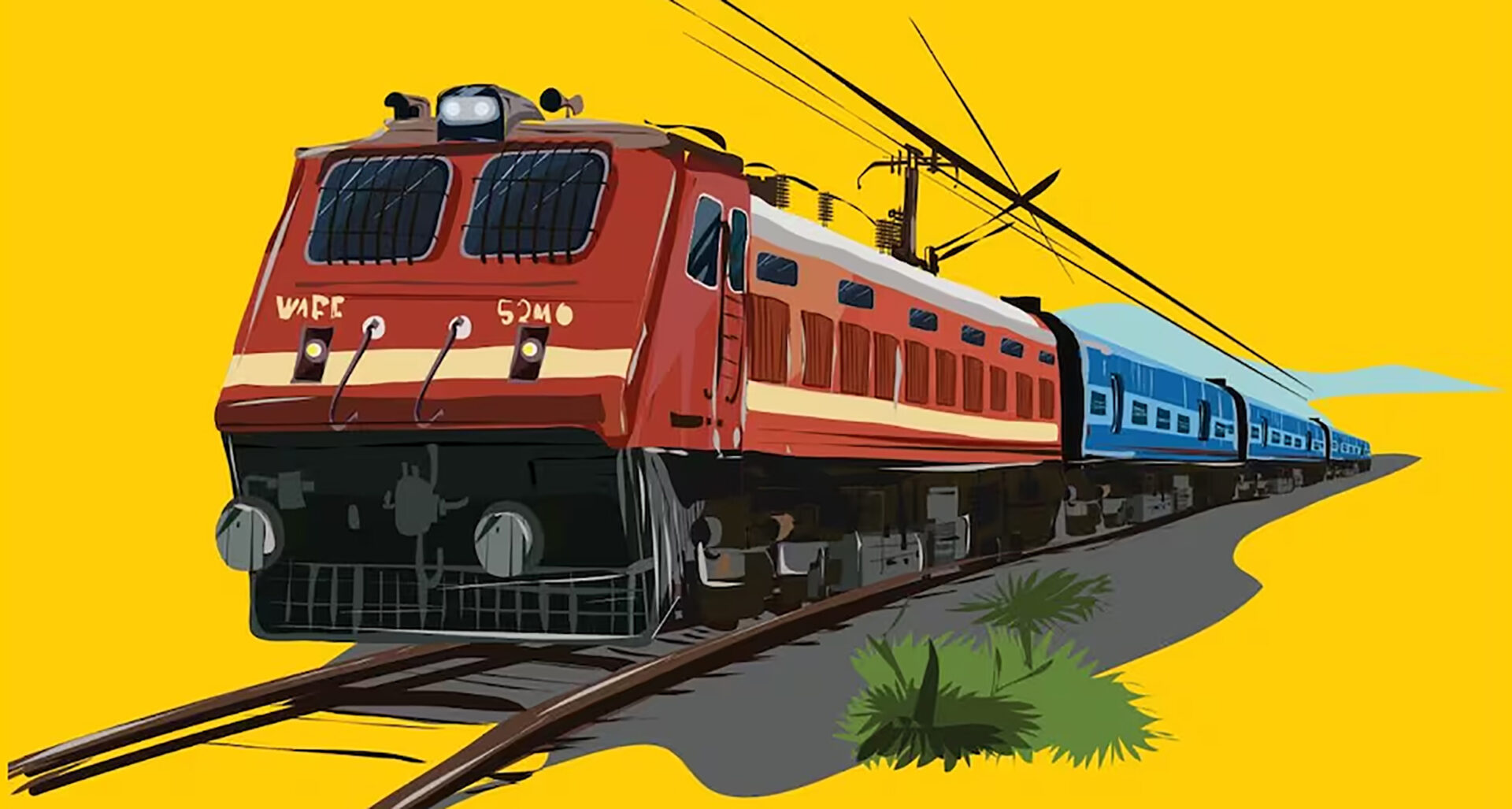Railway Ministry has approved a final location survey for the doubling of the 77.96 km Jammu–Shri Mata Vaishno Devi Katra railway line. The initiative is aimed at improving travel efficiency and expanding capacity on a critical pilgrimage route in northern India. The sanctioned survey, estimated at ₹12.59 crore, will lay the groundwork for doubling the single-track line between Jammu and Katra, currently a key bottleneck on the route. Officials from Northern Railway confirmed that the survey will be undertaken with immediate effect and that the project implementation has been assigned to Northern Railway.
This line is of vital importance, not only because of its religious significance—connecting millions of devotees to the revered Vaishno Devi shrine—but also due to its future role in supporting the Katra-Srinagar rail corridor. The line currently operates as a single track via Udhampur, limiting the operational flexibility and running capacity of the railways, thereby affecting the scheduling of new services. According to senior railway officials, the move is part of Indian Railways’ broader strategy to modernise infrastructure and improve access to high-demand destinations. “The doubling of this route is a much-needed infrastructure upgrade that aligns with our goals of sustainable, inclusive growth and capacity expansion,” an official from the Railway Ministry said.
The location survey is expected to explore technical feasibility, topographical conditions, and environmental impacts, forming the foundation for future civil engineering and execution. It will also examine cost-efficiency and assess how the improved line could help in promoting regional tourism and reducing travel time. The proposed expansion is seen as especially timely, given the rising footfall to the Jammu region and the positive response to the Katra-Srinagar Vande Bharat service. Railway authorities anticipate a significant increase in demand in the coming years, necessitating better connectivity and the ability to run more trains without delays or congestion.
The project also aligns with national efforts to encourage sustainable travel and promote economic growth in tourism-dependent areas. By reducing congestion and offering faster, more frequent services, the upgraded corridor is expected to not only benefit religious tourists but also stimulate the local economy through increased foot traffic, hospitality, and retail opportunities. While the final execution timeline will be determined following the survey’s completion, officials reaffirmed that this approval signals a major commitment by the Railway Ministry to boost regional infrastructure and deliver efficient, passenger-centric services.
Also Read : Railways Mandate Aadhaar-Based OTP for All Tatkal Online Ticket Bookings


